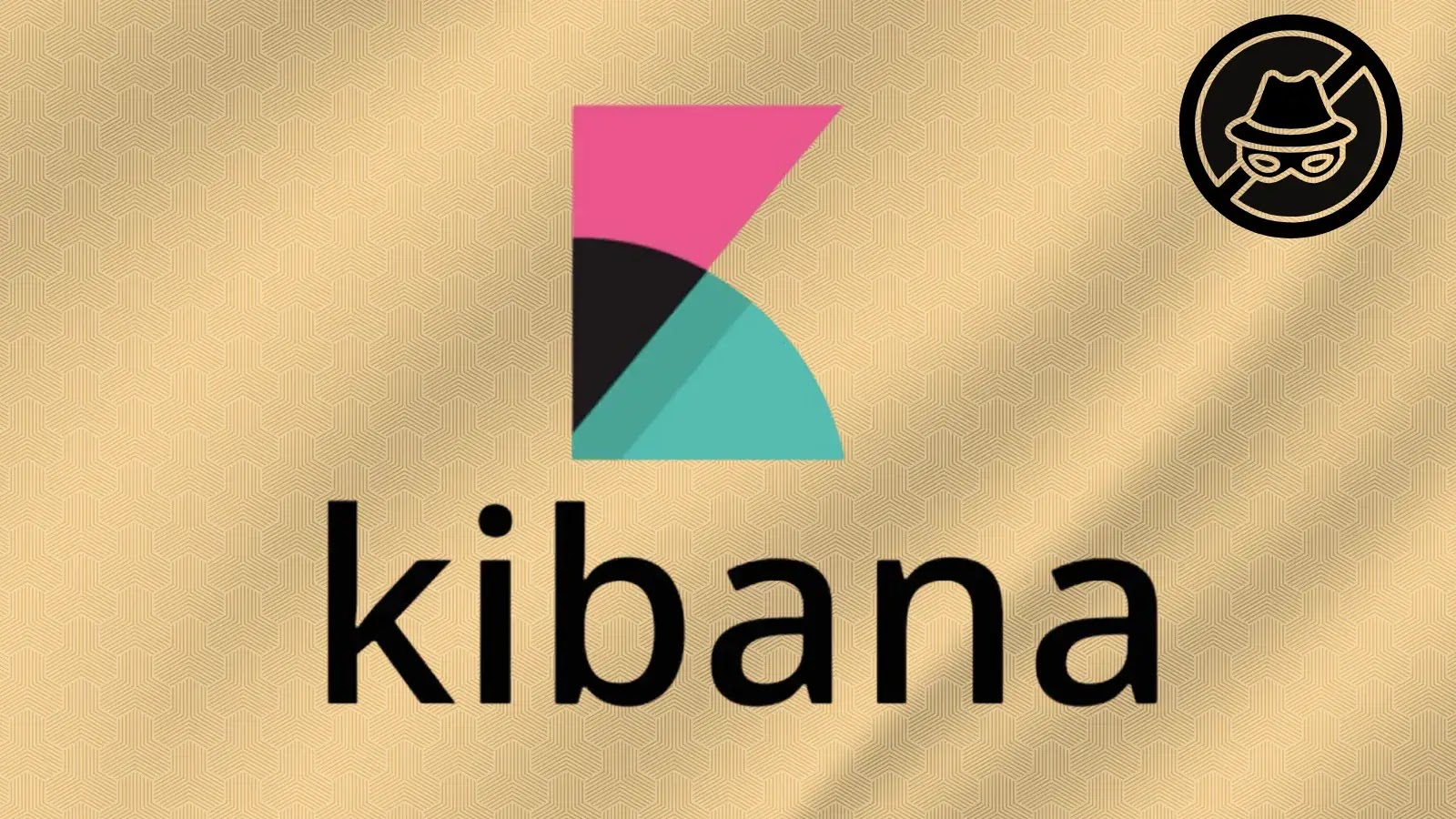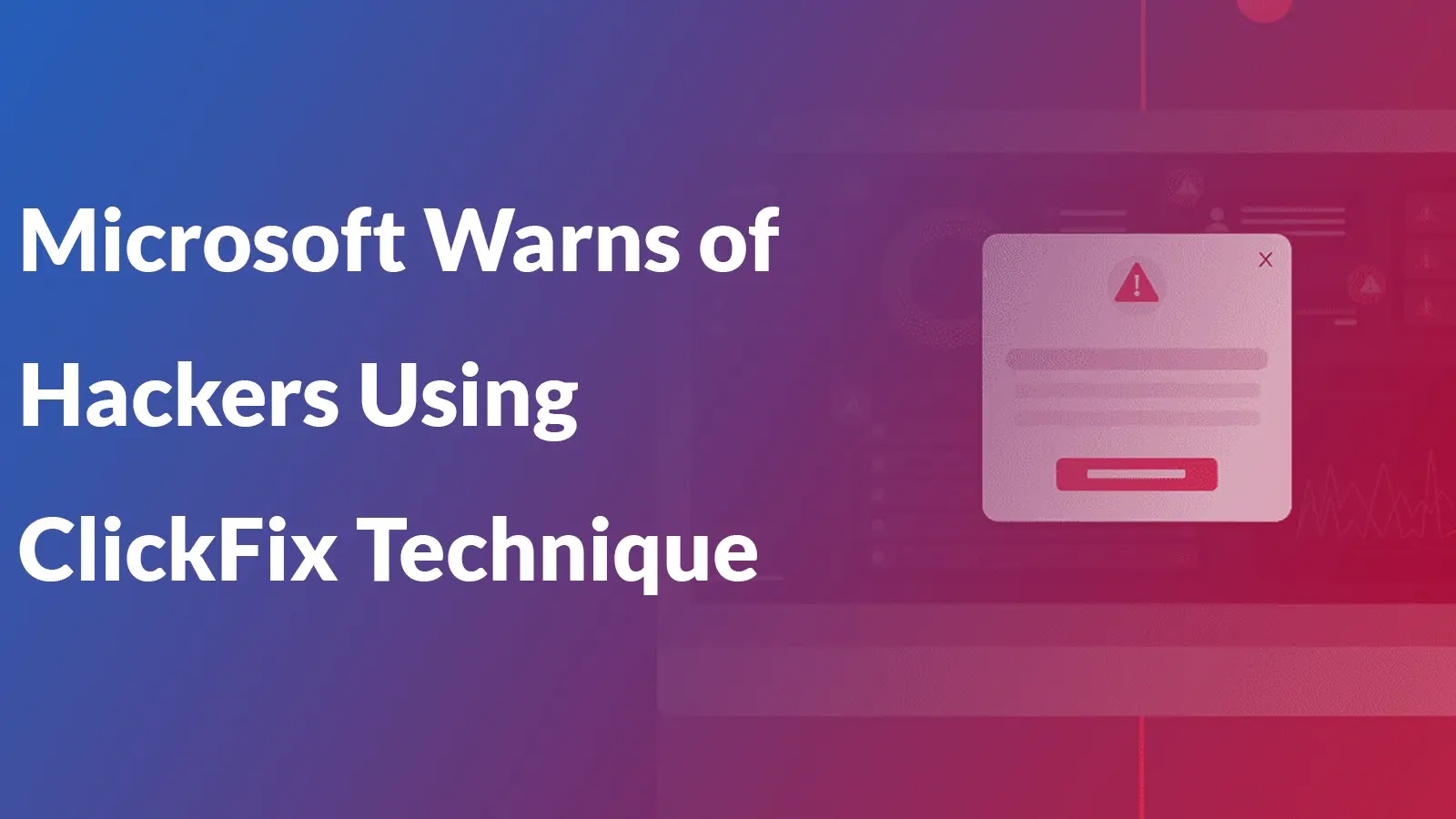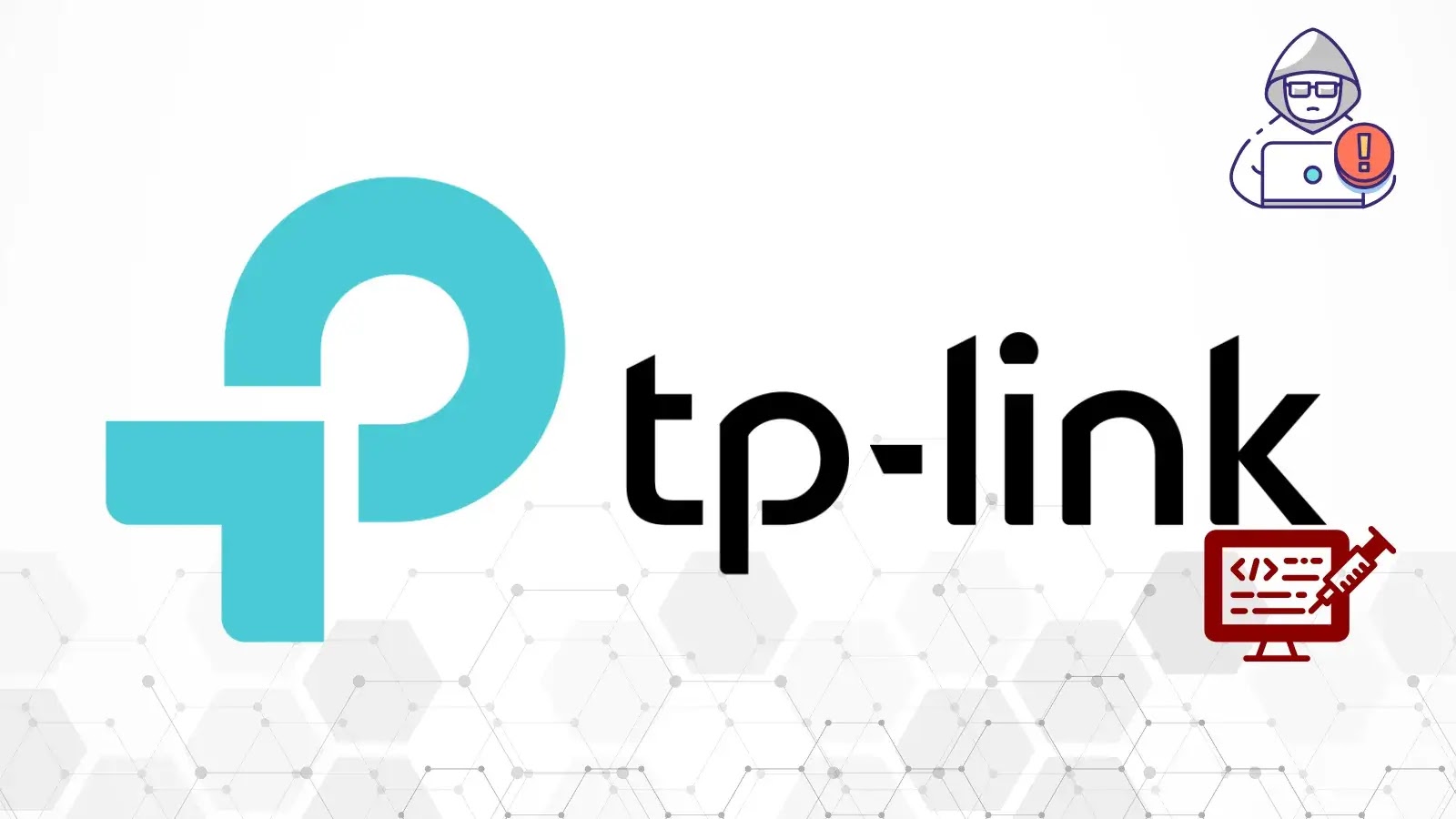Critical Kibana Vulnerabilities Expose Systems to SSRF and XSS Attacks
Elastic Security has recently disclosed significant vulnerabilities in Kibana, the widely used data visualization and exploration tool, which could allow attackers to perform Server-Side Request Forgery (SSRF) and Cross-Site Scripting (XSS) attacks. These vulnerabilities originate from insufficient origin validation within the Observability AI Assistant component of Kibana.
Understanding the Vulnerabilities
The primary issue, identified as CVE-2025-37734 under Elastic Security Advisory ESA-2025-24, involves an origin validation error in Kibana. This flaw permits attackers to forge Origin HTTP headers, effectively bypassing security mechanisms intended to prevent unauthorized external requests. By exploiting this weakness, malicious actors can craft requests that deceive Kibana into sending requests to unintended destinations or executing unauthorized actions.
Technical Details
– CVE ID: CVE-2025-37734
– Vulnerability Type: Origin Validation Error leading to SSRF
– CVSS Score: 4.3 (Medium)
– Attack Vector: Network
– Affected Versions: Kibana 8.12.0 through 8.19.6, 9.1.0 through 9.1.6, and 9.2.0
– Patched Versions: Kibana 8.19.7, 9.1.7, and 9.2.1
Potential Impact
The SSRF vulnerability enables attackers to access internal network resources or services that should remain isolated from external access. This can lead to information disclosure, lateral movement within networks, or further exploitation of backend systems. Given Kibana’s role in data visualization and analysis, such vulnerabilities could have far-reaching implications for organizations relying on it for monitoring and operational insights.
Immediate Action Required
Elastic researchers have indicated that this vulnerability specifically affects deployments actively using the Observability AI Assistant feature. Organizations without this component enabled are not impacted. However, for those affected, the severity of the issue necessitates prompt action.
Recommended Steps:
1. Upgrade Kibana: Organizations should immediately upgrade to the patched versions:
– Kibana 8.19.7
– Kibana 9.1.7
– Kibana 9.2.1
These versions contain fixes that address the identified vulnerabilities.
2. Disable Affected Features: If immediate upgrading is not feasible, consider disabling the Observability AI Assistant feature until patches can be applied.
3. Implement Network Controls: Enhance network segmentation and access controls to limit the potential impact of SSRF exploitation.
Broader Context
This disclosure is part of a series of security advisories from Elastic addressing various vulnerabilities in Kibana. For instance, previous advisories have highlighted issues such as prototype pollution leading to arbitrary code execution and other critical flaws. These recurring vulnerabilities underscore the importance of maintaining up-to-date software and implementing robust security practices.
Conclusion
The recent identification of SSRF and XSS vulnerabilities in Kibana serves as a critical reminder for organizations to prioritize cybersecurity measures. By promptly applying patches, disabling vulnerable features when necessary, and reinforcing network defenses, organizations can mitigate the risks associated with these vulnerabilities and safeguard their systems against potential attacks.



